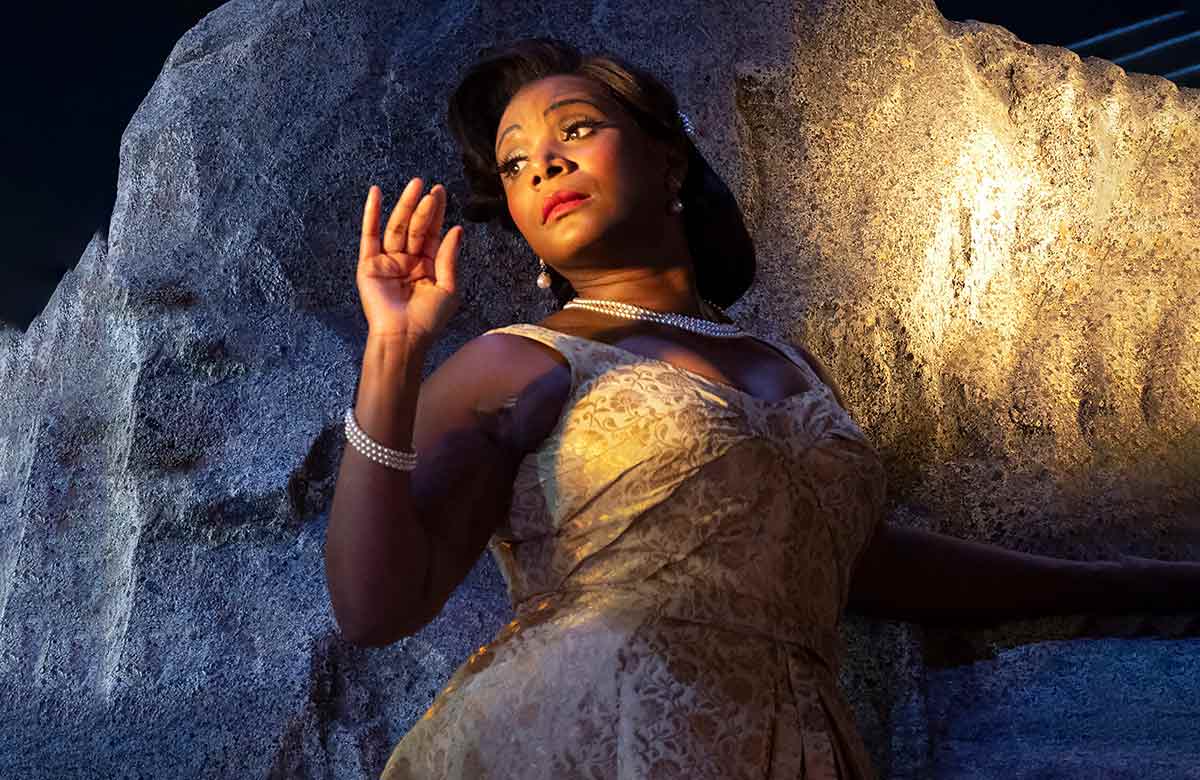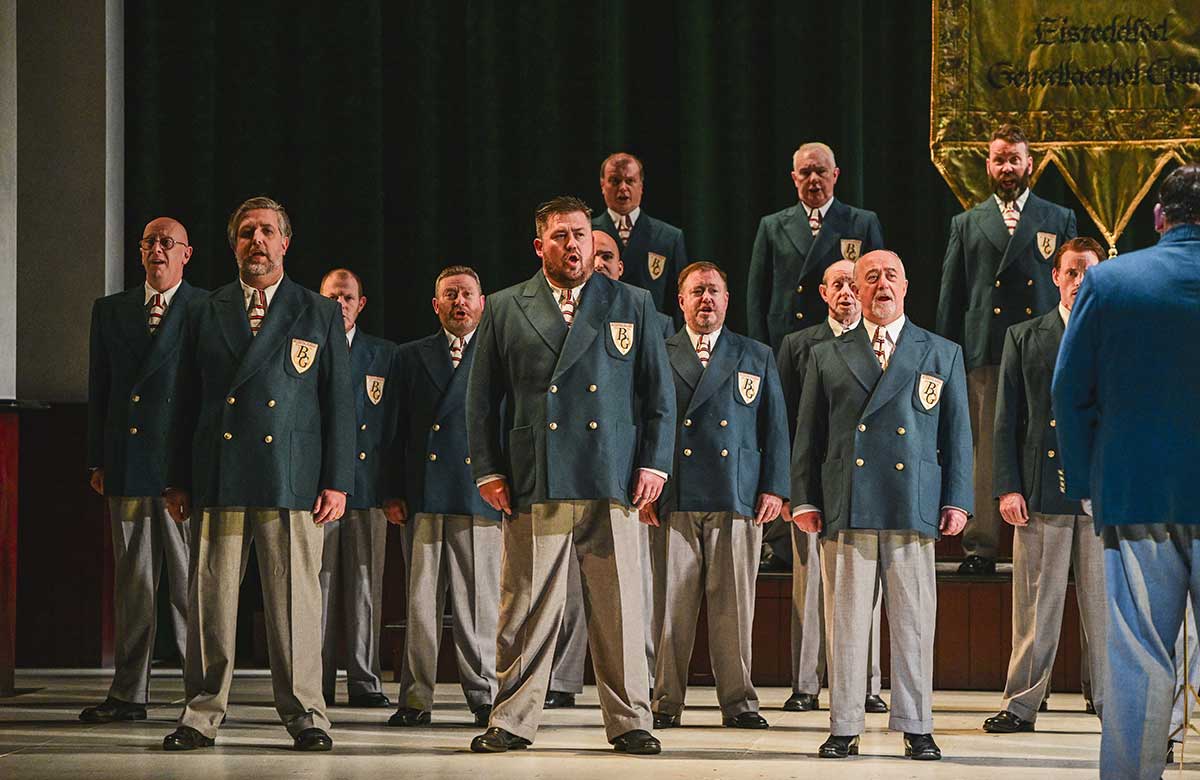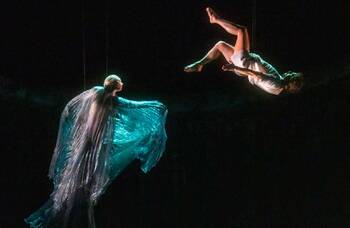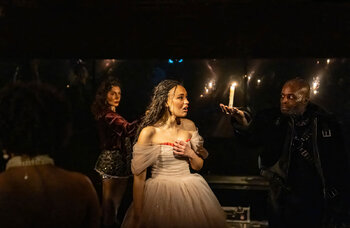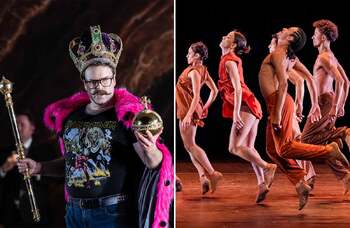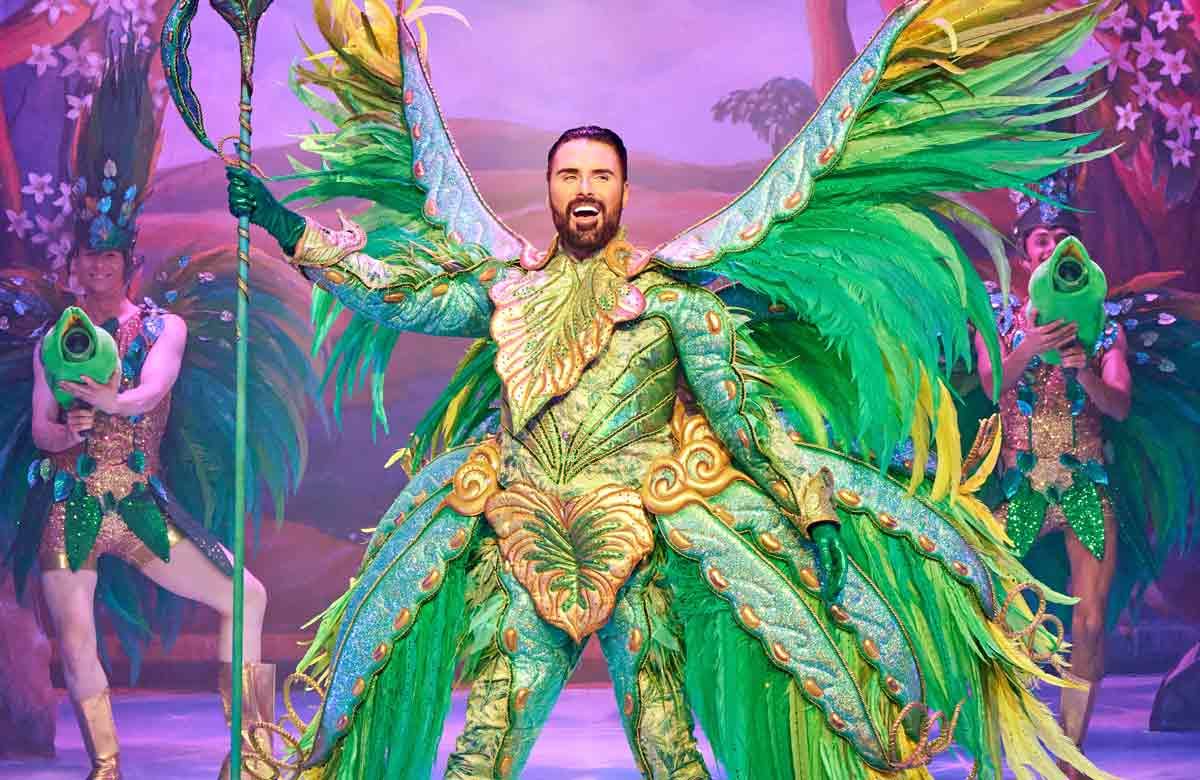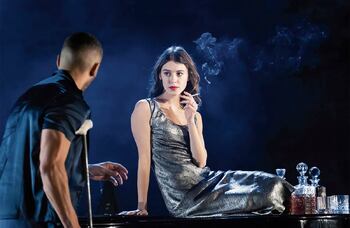In the Realms of Sorrow review
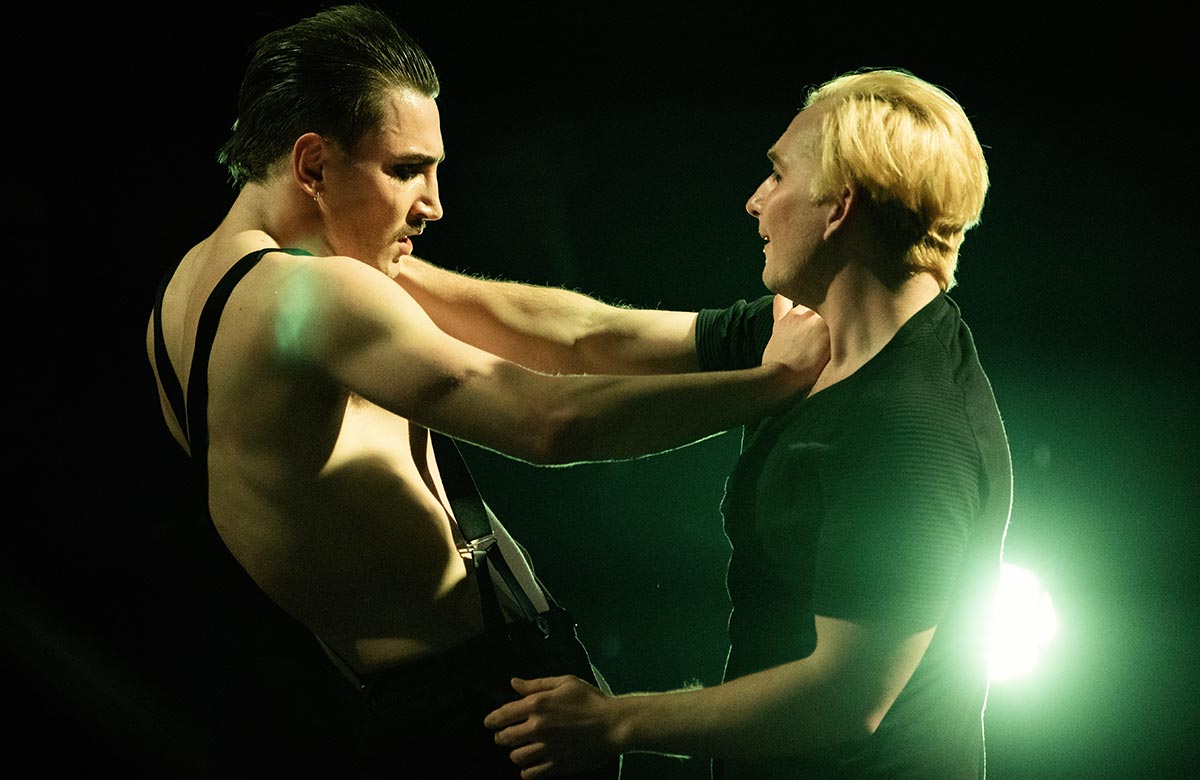
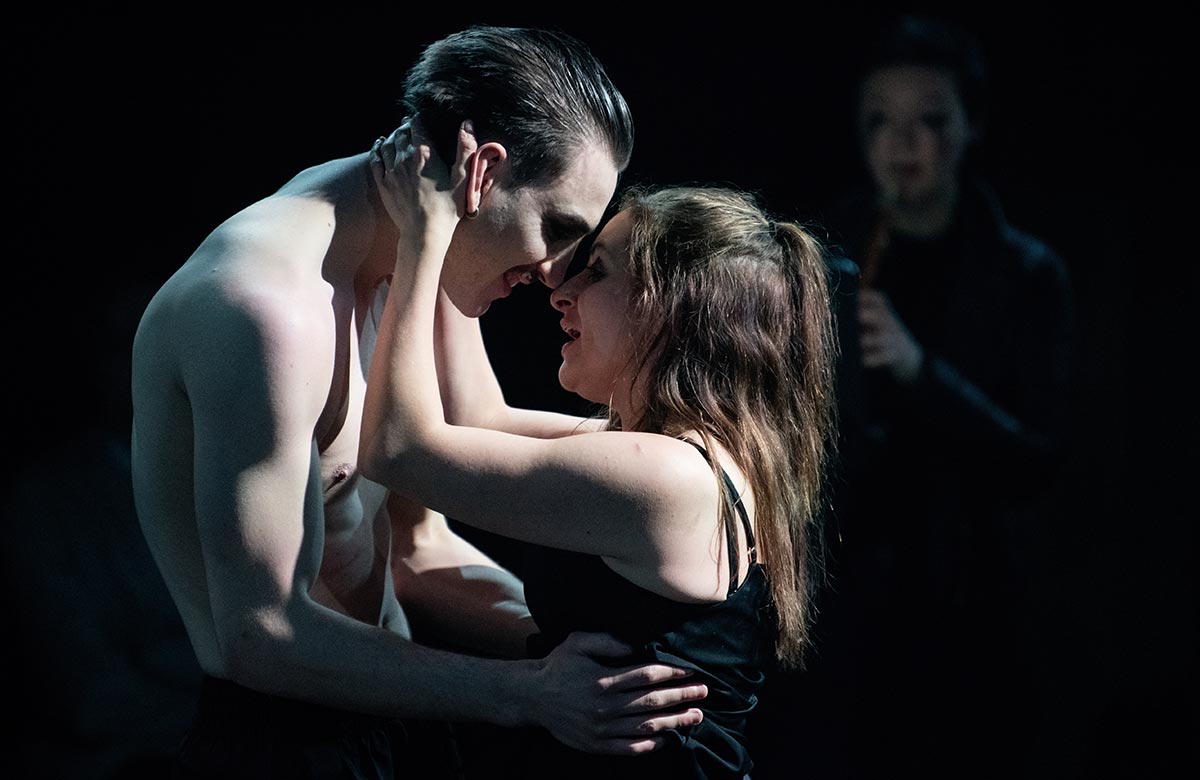
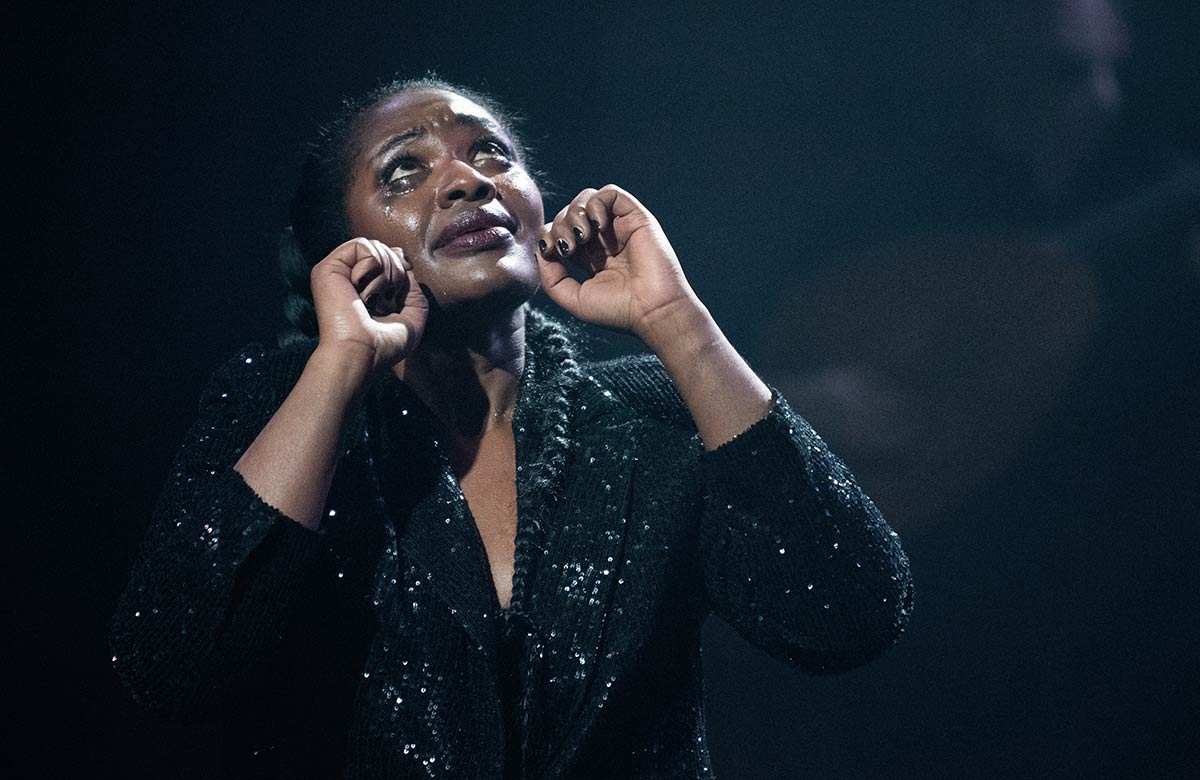
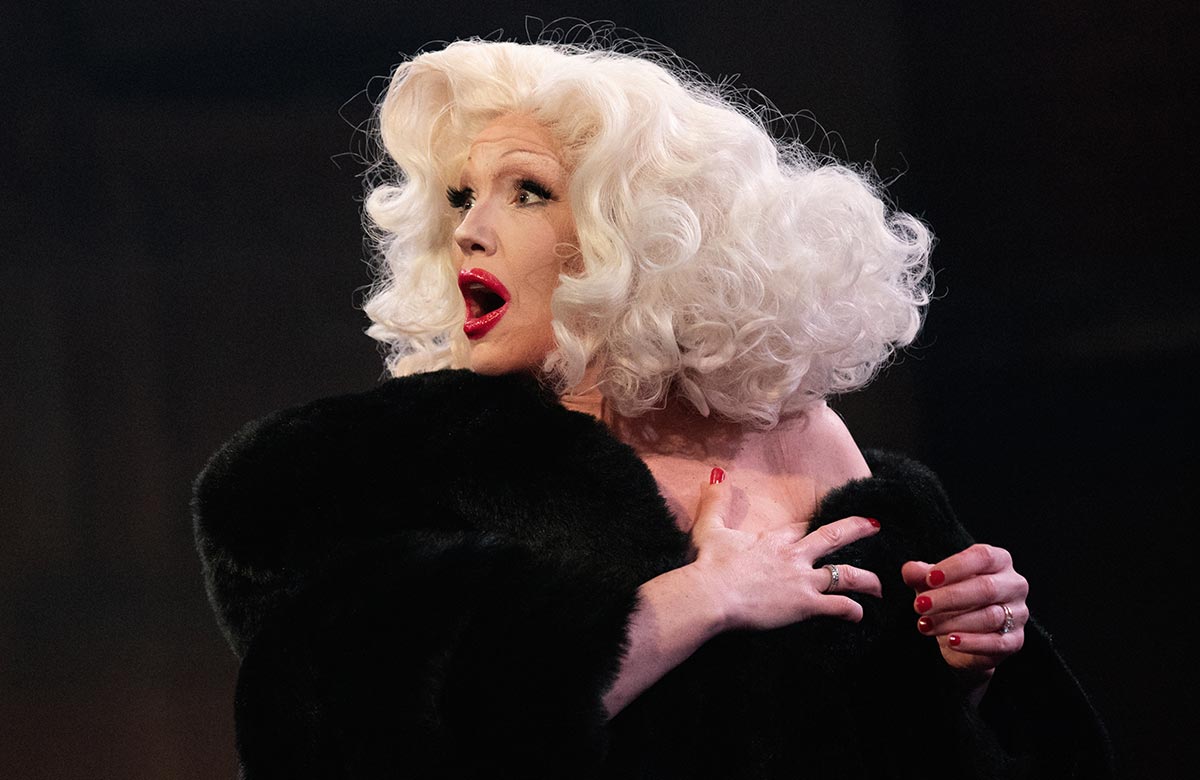
Uneven staging of four Handel cantatas
As a young man, Handel spent four years in Italy imbibing the latest musical fashions at their source, an experience that stood him in good stead for the rest of his career. Much of this period was spent in Rome – an odd choice, perhaps, given that opera was at that time banned in the city. But Handel’s Roman patrons, often cardinals, made up for the art form’s absence by performing cantatas at their palatial homes. These were effectively mini operas, mostly, as here, for just one singer.
The London Handel Festival performs four such pieces, with individual singers taking on one each. Additionally, Adele Thomas’ stagings call on the services of James Laing’s countertenor narrator to introduce and link the cantatas. The second composer is Héloïse Werner, whose striking contemporary idiom interrupts as much as it links Handel’s baroque material.
Each piece presents a figure from the classical world, either mythological or historical, in a situation of emotional extremity. Il Delirio Amoroso (Love’s Delirium) focuses on Chloris, prepared to descend into the underworld to bring back her admired Thyrsis, even though he’s not really that into her. Patrick Terry is the somewhat desperate Chloris, with dancer Jonathon Luke Baker combining athleticism and expressivity as her sadly uninterested partner; Baker, in fact, is a central participant throughout, filling in the missing male characters.
Next up is Armida Abbandonata, in which the sorceress who falls in love with the Christian knight she is meant to seduce rails against another failed relationship. Nardus Williams provides the evening’s finest singing in the title role, as if by magic appearing in various parts of the auditorium in glamorous attire – yet never succeeding in impressing Baker’s blasé knight.
Ero e Leandro sees Baker tackling the difficult task of playing the dead Leander, whom Soraya Mafi’s Hero momentarily imagines coming back to life before it becomes apparent that she is mistaken. The latter’s vocalism is consistently empowered. In Agrippina Condotta a Morir, Claire Booth makes a tragicomic grotesque meal of Nero’s mother Agrippina, condemned to death by her own son, and going through a maelstrom of emotions as she comes to terms with his betrayal and her hatred of her own offspring. Baker here takes the role of the appallingly narcissistic Nero, eventually receiving the applause of the decadent Romans played by the musicians and the other singers.
Thomas’ highly physical stagings benefit from Hannah Clark’s striking costumes and vivid lighting from Josh Pharo, as well as the complete commitment of everyone on stage; but as vocal or dramatic enterprises they are uneven. Laurence Cummings and his small instrumental ensemble tackle both Handel and Werner with skill, helping to bind together a piece that never quite gels as a whole.
More Reviews
Recommended for you
More Reviews
Recommended for you
Most Read
Across The Stage this weekYour subscription helps ensure our journalism can continue
Invest in The Stage today with a subscription starting at just £5.99
